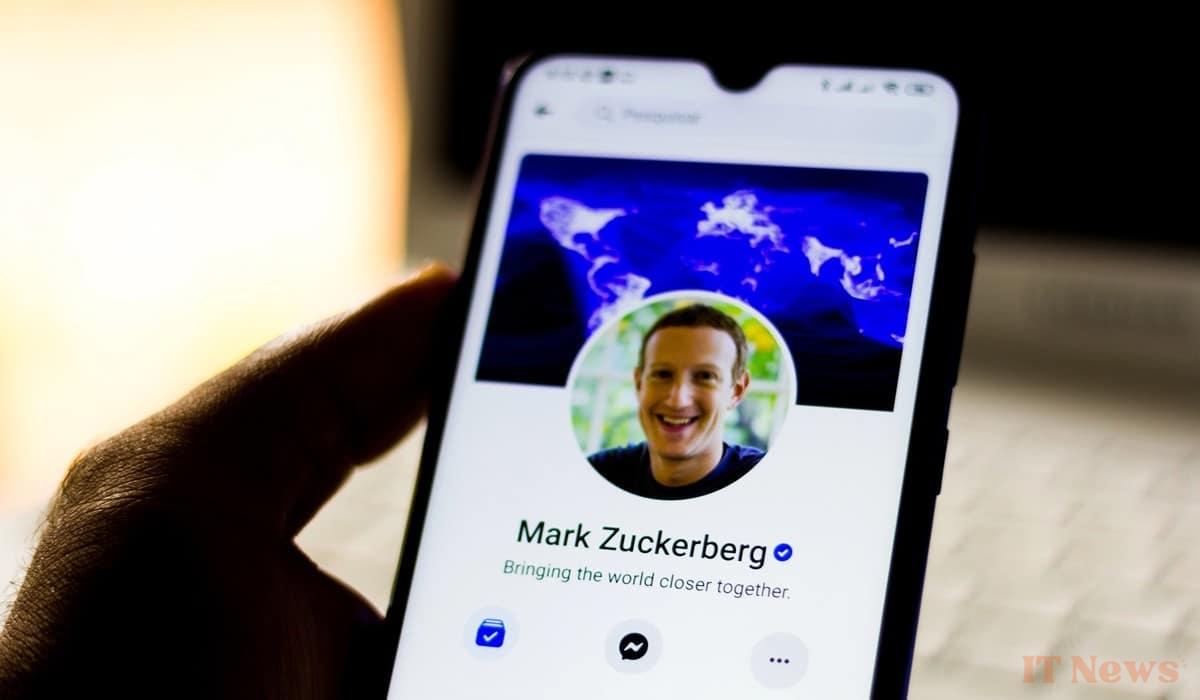Two of the most influential figures in tech, Elon Musk and Mark Zuckerberg, now garner predominantly negative opinions in the United States.
According to a study, public opinions of Elon Musk and Mark Zuckerberg have deteriorated across all segments of the American population. While Musk retains strong support among Republicans, he is largely rejected by Democrats and young adults. As for Zuckerberg, the criticism is nearly unanimous, regardless of political affiliation.
Marked political polarization
Musk deeply divides Americans along political lines. 73% of Republicans and right-leaning independents have a favorable opinion of him, a figure that rises to 84% among conservative Republicans. Conversely, nearly three-quarters of progressive Democrats view him negatively, criticizing his political engagement and his controversial management of Twitter (now X).
Mark Zuckerberg, for his part, does not enjoy any real bastion of support. 60% of Republicans and 87% of liberal Democrats have a negative opinion of the Meta founder. Scandals surrounding personal data management and the impact of social media on society have tarnished his image more across the board than Musk's.
A heightened rejection among young adults
Age also plays a key role in the perception of these two entrepreneurs. 67% of Americans under 30 have an unfavorable opinion of Musk, a figure that gradually decreases with age. Those 30-49 years old remain 50% critical, while those over 50 are more divided.
For Zuckerberg, those under 30 are the most severe: 70% of them express a negative opinion. Those aged 30-49 are even more critical (72%), a trend that softens slightly among older people. Why such hostility among young people? A deeper understanding of the negative effects of social media and a rejection of the excessive power of tech appear to be playing a major role.
The price of digital celebrity
While the CEOs of major companies once operated far from the spotlight, Musk and Zuckerberg have become figures of global popular culture, on a par with movie or sports stars. Only 3% and 6% of Americans don't know who they are, proof of their media omnipresence.
But this celebrity comes at a cost. Musk's slightest statement about X or Zuckerberg's decision at Meta is instantly scrutinized, commented on, and criticized. An exposure that fuels a form of weariness and distrust, particularly among those who use social media the most.
Controversies and unpopular decisions
While their businesses are thriving, their personal and professional choices have largely contributed to tarnishing their image.
Musk, by multiplying his divisive political positions and transforming Twitter into an often chaotic space, has alienated a part of the public.
Zuckerberg, with controversies over data management, the effects of Facebook and Instagram on mental health, and decisions like the controversial Hawaii land purchase, continues to embody for many the symbol of a dehumanized tech.



0 Comments